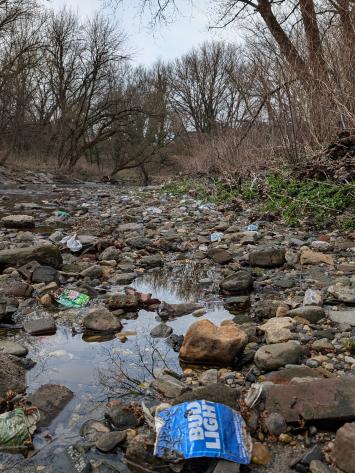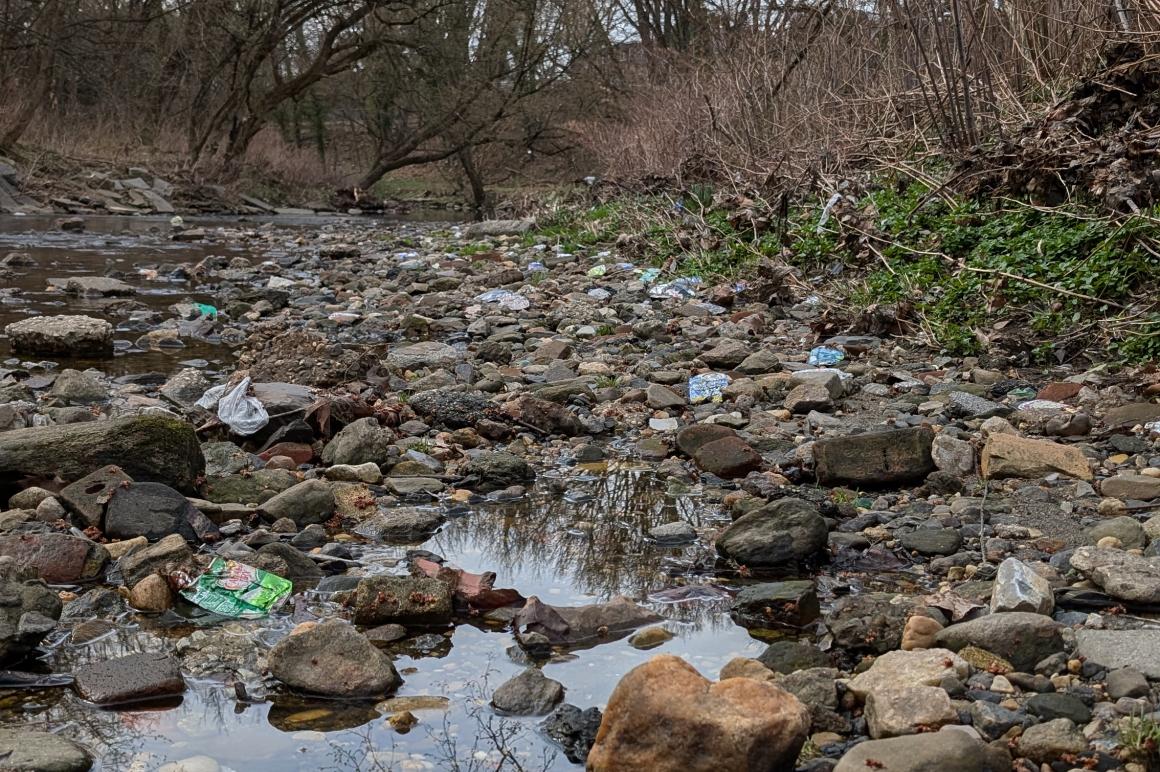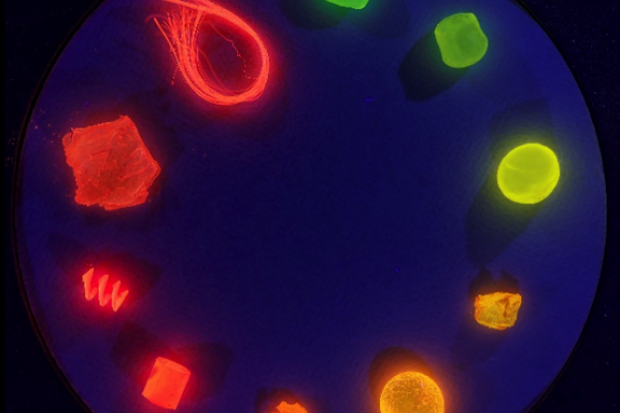Philly Emerging Water Contaminants Initiative

Emerging contaminants, such as microplastics and per- and polyfluoroalkyl substances (PFAS), have been detected in Philadelphia's water systems, yet the local distribution patterns and the residents' levels of exposure remain unclear. Despite the health effects associated with these contaminants, including reproductive toxicity and heightened cancer risks, monitoring microplastics and PFAs, as well as their interactions with other substances like heavy metals, is costly and requires technical expertise.
To address this issue, Samantha McBride, an assistant professor of mechanical engineering and applied mechanics at the School of Engineering and Applied Science, collaborates with an interdisciplinary team of experts to monitor emerging contaminants, working alongside undergraduate and graduate student fellows. By applying principles of environmental chemistry and toxicology, combined with environmental policy analysis and public engagement, the Philly Emerging Water Contaminants Initiative, an Environmental Innovations Initiative research community, aims to understand and raise awareness of human and ecosystem health concerns within the Philadelphia community.
Penn collaborators:
- Jon Hawkings, assistant professor, Department of Earth and Environmental Science, School of Arts & Sciences
- Ellen Kohler, director of applied research and programs, The Water Center, School of Arts & Sciences
- Clementina Mesaros, research associate professor, Department of Systems Pharmacology and Translational Therapeutics, Perelman School of Medicine

Legacy litter on Cobbs Creek (Image: Courtesy of Derek Ho)
Collaborators
Related News
“Our research community will seek to understand the prevalence of microplastics and PFAS in Philadelphia's water systems, how these emerging pollutants cooccur with each other and heavy metals, and whether these contaminants present an immediate threat to human and ecosystem health in our city.”
- Samantha McBride, Mechanical Engineering & Applied Mechanics, School of Engineering & Applied Sciences





